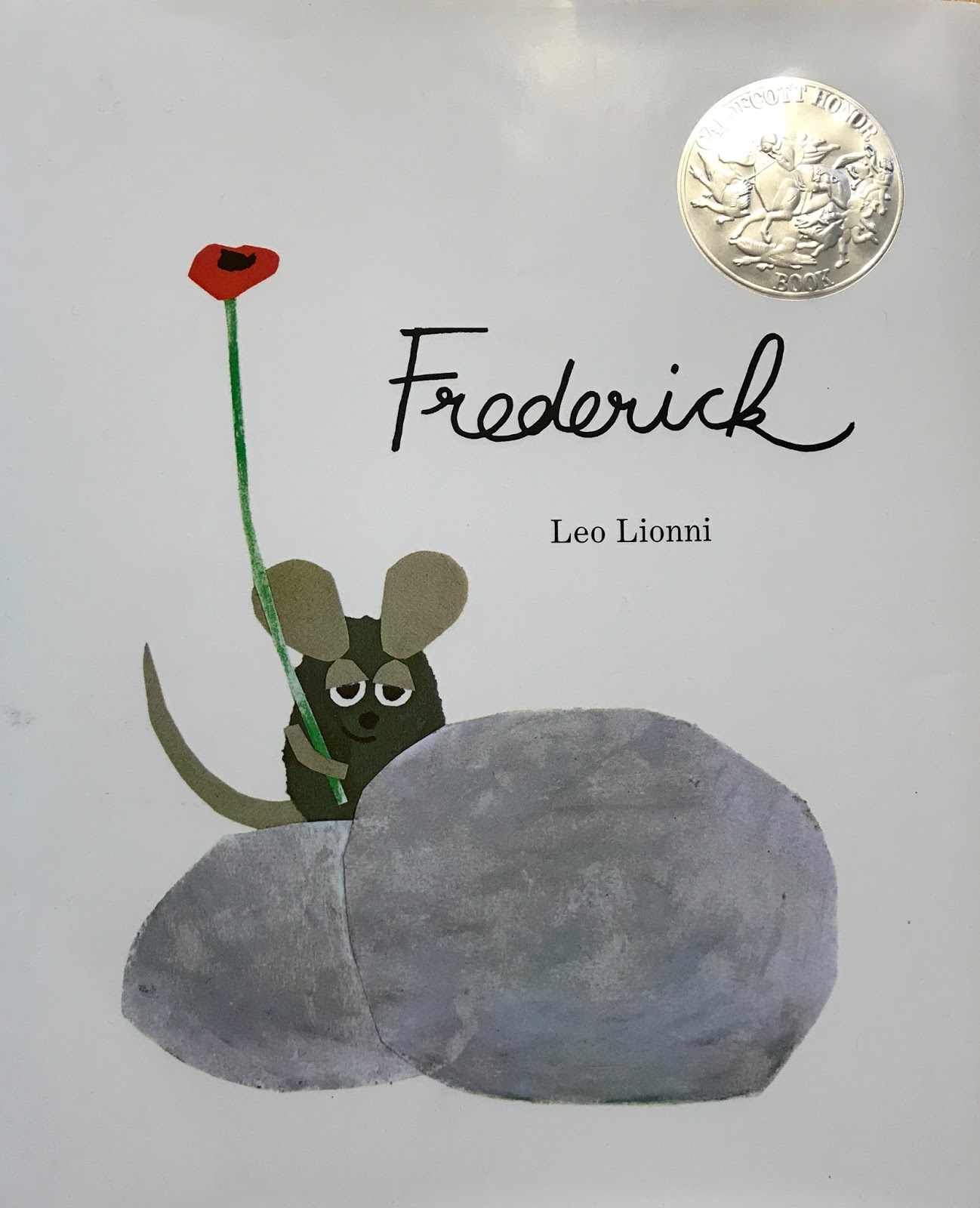


In the story, Frederick does not physically work, but still contributes to the mouse family. There are many arguments about what actions are considered to be work, and it is not clear-cut in our society what is considered work and what isn’t. Yet, did he violate the social contract by not also helping to gather food?įrederick also poses questions about the nature of work. In the story, Frederick contributed to the mouse community in a different way than the other mice. They believe that a type of “social contract” exists in which the terms of this contract are decided by the “general will” of the people. Collectivists are concerned with community and society and seek to give priority to group goals over individual goals. Early socialist and communist philosophers, like Hegel and Marx, inspired collectivists. Frederick’s story appears to be sympathetic to collectivism, a term that describes any moral, political or social outlook that stresses human interdependence and the importance of a collective, rather than the importance of separate individuals. The nature of community and the social philosophy that governs community is just one. Paulson Guidelines for Philosophical Discussionįrederick raises many philosophical questions. While all of the other mice scurry about and prepare for the long winter ahead, Frederick prepares in his own special way. It also introduces the concept of collectivism.įrederick is a dreamer. Activity Suggestion » Summary Frederick explores the nature of work and the importance of community.


 0 kommentar(er)
0 kommentar(er)
